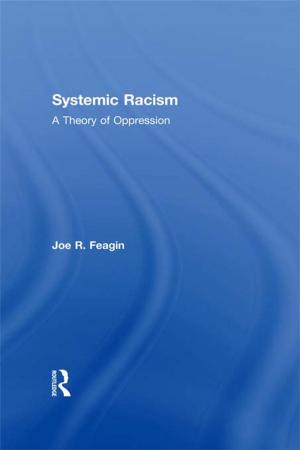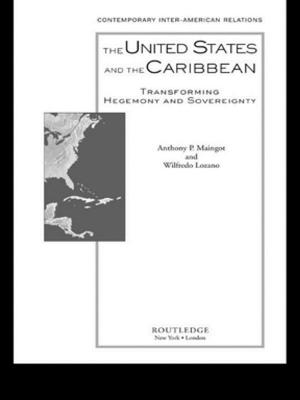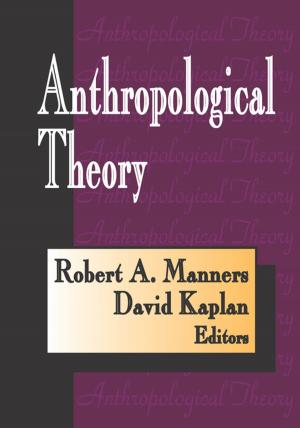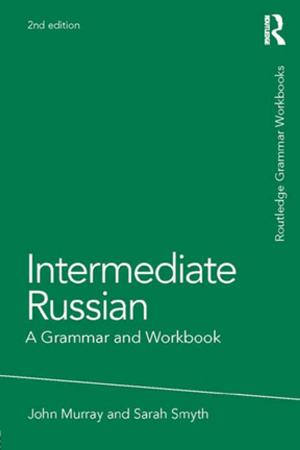How Speech Acting and the Struggle of Narratives Generate Organization
Business & Finance, Human Resources & Personnel Management, Organizational Behavior| Author: | Thorvald Gran | ISBN: | 9781317268918 |
| Publisher: | Taylor and Francis | Publication: | June 26, 2017 |
| Imprint: | Routledge | Language: | English |
| Author: | Thorvald Gran |
| ISBN: | 9781317268918 |
| Publisher: | Taylor and Francis |
| Publication: | June 26, 2017 |
| Imprint: | Routledge |
| Language: | English |
How Speech Acting and the Struggle of Narratives Generate Organization seeks to shed understanding on how speaking or speech-acting affects how we are organized and how we influence each other and wield power. It is suggested that speaking is a major clue to organization and to the creation of new organizations. The task is to describe how speech-acting organizes. This book takes findings in the project’s philosophy of collective intentions – its philosophy of society – into the field of empirical study of organization and politics.
The book investigates the relation between knowledge and politics, between describing the world and changing it, between cognitive – sensing - and volitional – wilful – processes and goes on to describe how speech-acting organizes, reorganizes - and destroys organizations. It looks at persons and groups as speech-actors. It investigates how speech-acting can spur movements in organizations from routines to learning to innovations and back
How Speech Acting and the Struggle of Narratives Generate Organization develops a model of how speech-acting generates new organization – or social innovations. Empirical studies of some economic, political and ideological organizations are mined for model development. Speech-acting occurs in the context of institutions, with capital producing firms and nation states at present as the most ubiquitous. But speech-acting has an element of freedom that makes some of its results unpredictable and difficult to control.
Aimed at academics, researchers and students in the field of Organizational Studies How Speech Acting and the Struggle of Narratives Generate Organization examines a new contribution and direction in the field.
How Speech Acting and the Struggle of Narratives Generate Organization seeks to shed understanding on how speaking or speech-acting affects how we are organized and how we influence each other and wield power. It is suggested that speaking is a major clue to organization and to the creation of new organizations. The task is to describe how speech-acting organizes. This book takes findings in the project’s philosophy of collective intentions – its philosophy of society – into the field of empirical study of organization and politics.
The book investigates the relation between knowledge and politics, between describing the world and changing it, between cognitive – sensing - and volitional – wilful – processes and goes on to describe how speech-acting organizes, reorganizes - and destroys organizations. It looks at persons and groups as speech-actors. It investigates how speech-acting can spur movements in organizations from routines to learning to innovations and back
How Speech Acting and the Struggle of Narratives Generate Organization develops a model of how speech-acting generates new organization – or social innovations. Empirical studies of some economic, political and ideological organizations are mined for model development. Speech-acting occurs in the context of institutions, with capital producing firms and nation states at present as the most ubiquitous. But speech-acting has an element of freedom that makes some of its results unpredictable and difficult to control.
Aimed at academics, researchers and students in the field of Organizational Studies How Speech Acting and the Struggle of Narratives Generate Organization examines a new contribution and direction in the field.















